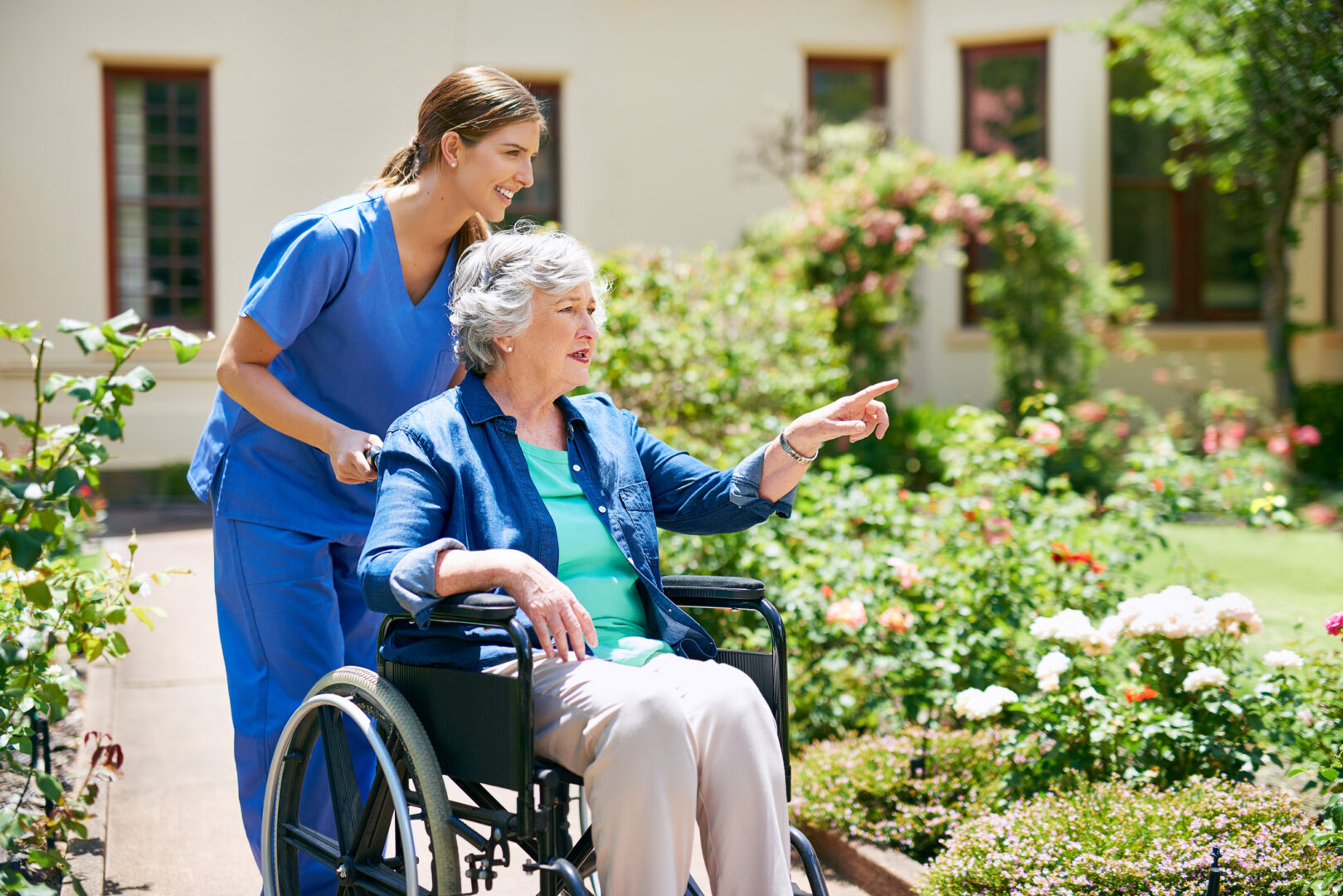Seniors who receive in-home care often face a unique set of challenges related to aging, health, and maintaining their independence. Here are some common challenges and strategies to overcome them:
- Physical Limitations:
- Mobility Issues: Seniors with mobility problems may struggle with daily tasks like getting out of bed, bathing, or moving around the house.
- Solution: Invest in mobility aids like walkers, grab bars, and shower chairs. Encourage regular physical therapy exercises to improve mobility.
- Cognitive Decline:
- Memory Loss: Dementia or memory loss can make it difficult for seniors to remember important information or complete tasks.
- Solution: Use reminders, sticky notes, and digital apps for medication management and daily schedules. Create a safe and structured environment.
- Loneliness and Isolation:
- Social Isolation: Seniors may feel lonely due to limited social interactions.
- Solution: Arrange regular visits from family and friends. Consider enrolling them in senior centers or adult day programs. Virtual connections via video calls can also help combat isolation.
- Medication Management:
- Medication Confusion: Seniors may forget to take their medications or mix them up.
- Solution: Use pill organizers, and medication management apps, or enlist the help of a caregiver to ensure medications are taken as prescribed.
- Safety Concerns:
- Falls and Accidents: Seniors are at higher risk of falling, which can result in serious injuries.
- Solution: Remove tripping hazards, install proper lighting, and encourage the use of mobility aids. Consider a personal emergency response system (PERS) for quick assistance.
- Nutrition and Meal Preparation:
- Poor Nutrition: Seniors may struggle to prepare balanced meals.
- Solution: Hire a caregiver or meal delivery service to provide nutritious meals. Encourage simple meal preparation and ensure access to easy-to-prepare foods.
- Communication Barriers:
- Hearing or Vision Impairment: Seniors with sensory impairments may have difficulty communicating or understanding instructions.
- Solution: Use visual aids, large text, or sign language for those with vision or hearing issues. Ensure proper hearing aids and vision correction tools are utilized.
- Resistance to Care:
- Refusal of Help: Some seniors may resist receiving in-home care due to concerns about loss of independence.
- Solution: Involve them in the decision-making process and tailor care plans to their preferences. Emphasize that in-home care is intended to help them remain independent for as long as possible.
- Financial Concerns:
- Cost of Care: In-home care can be expensive, and seniors may worry about the financial burden.
- Solution: Explore financial assistance options such as Medicaid, VA benefits, or long-term care insurance. Develop a budget and plan for care expenses.
- Coordination of Care:
- Multiple Caregivers: Seniors may receive care from multiple providers, leading to confusion.
- Solution: Maintain a comprehensive care plan, share it with all caregivers and healthcare professionals, and ensure open communication among the care team.
- Emotional and Mental Health:
- Depression and Anxiety: Seniors may experience feelings of sadness or anxiety.
- Solution: Encourage regular socialization, hobbies, and activities they enjoy. Consider counseling or therapy if needed.
- End-of-Life Planning:
- Advance Care Planning: Seniors should make decisions about their end-of-life care preferences.
- Solution: Initiate discussions about advance directives, hospice care, and funeral arrangements. Ensure these wishes are documented legally.
Overcoming these challenges for seniors receiving in-home care requires a personalized approach that takes into account their unique needs and preferences. Effective communication, a supportive care team, and a focus on maintaining their quality of life are essential components of successful in-home care for seniors.
